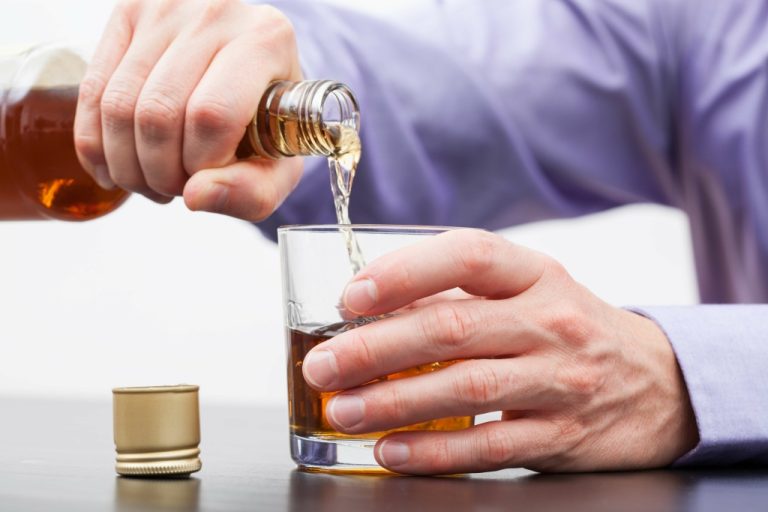Our team of experts understands the connection between substance use and mental health. In fact, many of our patients who start treatment for alcohol use find their depression lifts significantly within weeks. Others discover co-occurring depression that’s been masked by alcohol — and we help treat both together.
![]()
Depresses brain and nervous system
- Much will depend on what’s going on in your life, including your history with alcohol and other variables.
- “Therapeutic interventions designed to address both issues often include a focus on addressing emotional pain or trauma, as well as developing and practicing healthy coping behaviors,” says Kennedy.
- But if you’re struggling with depression, and also trying to cut back on your drinking, you may want to discuss alternatives with your doctor.
- The way alcohol affects your body and brain creates a close link between alcohol and depression.
There are a lot of risks involved with drinking and taking antidepressants, and they can be life-changing. The combination of bipolar disorder and alcohol use significantly increases the risk of suicide and self-harm. Alcohol impairs judgment and lowers inhibitions, which can lead to impulsive decisions. For someone in a depressive or mixed episode, this can result in suicidal actions. Studies have shown that individuals with bipolar disorder who abuse alcohol are at a much higher risk of attempting suicide compared to those who do not.

How does alcohol interact with antidepressants?
- At the beginning of the study 63.8 percent of participants met the clinical criteria for depression.
- Get professional help from an online addiction and mental health counselor from BetterHelp.
- While initially, alcohol may provide respite, over time, alcohol will in fact aggravate mood disorders, such as depression.
This is the most beneficial when supervised by healthcare professionals in a structured environment. Evidence-based therapies, such as cognitive-behavioral therapy (CBT), help individuals identify and reframe negative thought patterns. These feelings of depression often ease as you https://afrolatino.co.uk/13-powerful-stories-of-people-who-overcame-porn/ recover, but frequent hangovers can keep you stuck in a low mood.
Alcohol and Depression: Does Alcohol Make You Depressed?
If you are dealing with severe alcohol dependence and depression, look for healthy ways to keep yourself busy and distracted. Try out farming, solve mathematical equations and quizzes, practice yoga, draw, and try out different recipes. The more you distract your brain, the more you will adapt and overcome both setbacks. John is one UK’s leading professionals in the addiction recovery industry.
- Our team of experts understands the connection between substance use and mental health.
- Either way, strong mental health support makes a big difference in overcoming depression and alcohol.
- Drinking can make you feel even crappier in the long term since it can actually cause depression) or exacerbate existing depression symptoms.
- Researchers have found that alcoholism doubled a person’s risk of developing depression.
- But drinking too much over stimulates GABA, causing drowsiness, blackouts, memory loss, unconsciousness, and in some cases, coma.
Advanced Treatment

The relationship between alcohol and depression is bidirectional. alcohol makes depression worse For many individuals with depression, they may use alcohol as a coping mechanism. With continued use, alcohol disrupts the brain’s natural chemistry. According to the National Institute on Alcohol Abuse and Alcoholism (NIAAA), depression is a common side effect of alcoholism.
Why does drinking alcohol make me feel better when I’m depressed?
Alcohol addiction can also lead to a decrease in motivation and an increase in negative thoughts and feelings. This can further worsen the symptoms of depression, leading to an increase in suicidal thoughts and behavior. Additionally, people who are addicted to alcohol may be more likely marijuana addiction to neglect their mental health, leading to a decline in their overall wellbeing.